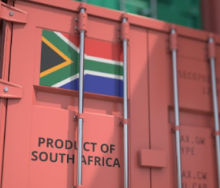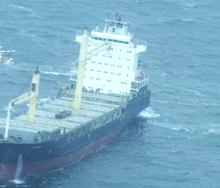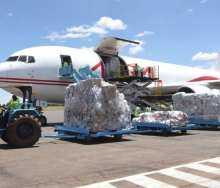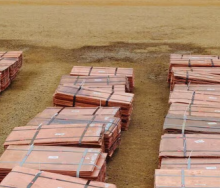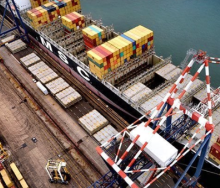Amendments to the Customs and Excise Act are set to tighten regulations around the supply of fuel, particularly concerning sections 21(1) and 60 of the Customs and Excise Act 91 of 1964.
Irwin Arumugam, an associate in shipping and logistics at law firm Shepstone & Wylie, explains that these changes stem from an incident where one of BP's barges was detained by the SA Revenue Service (Sars).
"Sars introduced these amendments after it was found that marine fuel cargoes were being delivered to floating storage facilities and sold without first being properly registered and taxed as imports," he said.
These amendments are designed to regulate fuel supply, but they could also result in delays, as imported bunker fuel now requires special customs and excise storage warehouses for proper registration and taxation before being sold or transhipped.
Arumugam noted that there had been significant investment in bulk cargo storage, with companies like Cargo Compass and Improvon developing state-of-the-art warehousing facilities in Durban and Johannesburg.
"These large warehouses are designed to optimise service delivery, allowing bulk cargo brought in by large container trucks to be broken down, segregated, and then distributed efficiently," he said.
- Read the full article in our Freight Features edition on "Bulk Cargo."

